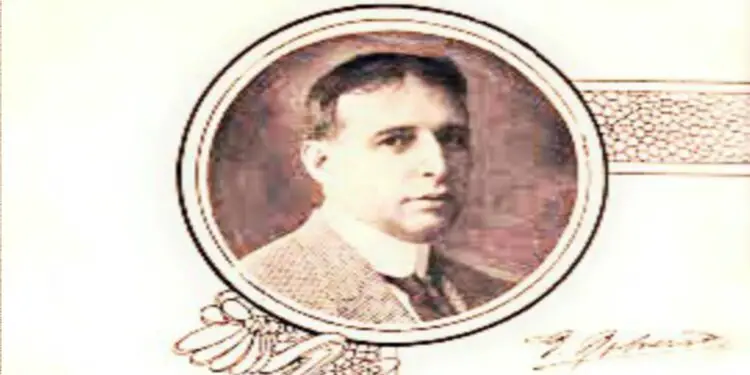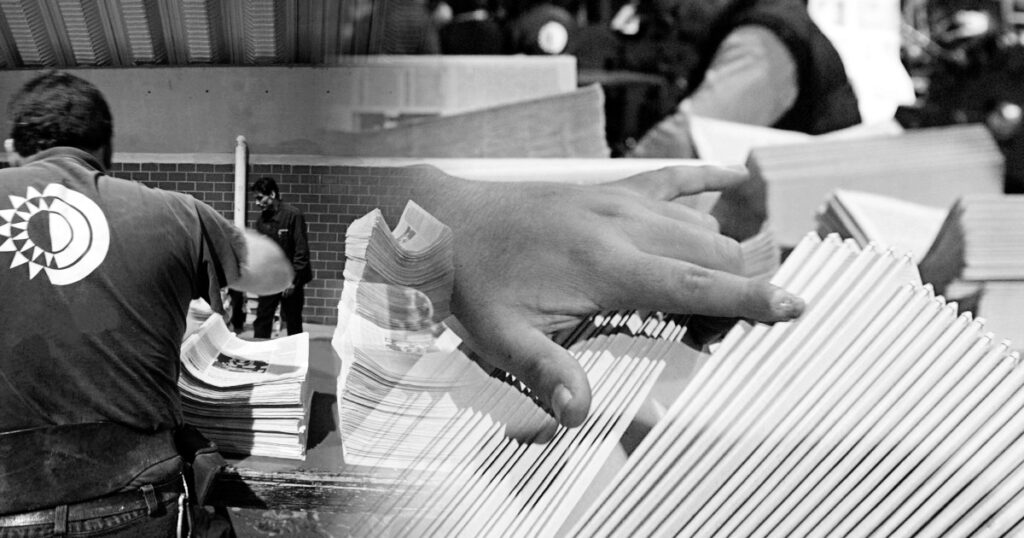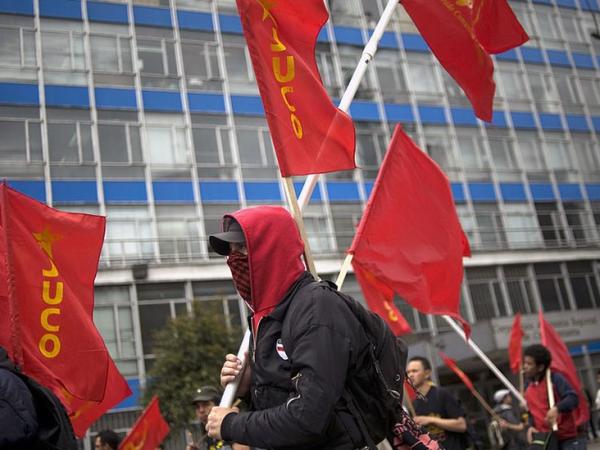MADRID, Spain.- The Cuban playwright, actor and theater director Gustavo Robreño died in Havana on March 11, 1957. One of the pillars of the vernacular scene, he was born on December 18, 1873 in Pinar del Río into a family of actors. He also worked as a journalist and novelist.
At the age of five, he made his debut in a children’s company, directed by Justo Soret, of which he became a leading figure in adolescence. In 1893, at the age of twenty, due to his independence efforts, he left the Island to settle for a long time in Spain, where he related to the young people who would later belong to the so-called Generation of ’98, key in his formation.
After returning to Cuba in 1900, he was part of the company of the Alhambra Theater, at the intersection of Consulado and Virtudes streets, in Centro Habana, where he spent almost his entire career, and for which he wrote, together with his brother Francisco, more than 200 vernacular plays. He stayed there until two years before his breakup. Favorite actor of the public, because in addition to his acting skills, he was a great imitator of politicians of the moment, such as Mario García Menocal and General Freyre de Andrade.
His notable pieces include Buffalo Exposition (1900), The mother of tomatoes (1899); bulls and roosters (1901), the jipijapa (1902), The Cyclon (1906). He wrote historical works such as The Louvre Sidewalk, based on his experiences with contemporaries whom he met in Spain. His versatility also leads him to zarzuela, where he stands out The Empress of Pilar.
As a journalist he almost always used the pseudonym “cazabobos”; His collaborations appeared in such important newspapers as the Navy JournalThe Press, The Discussion, The Fight, and in the weeklies Graph, Comic Politics and The Weekof which he was the founder.
Gustavo Robreño died at the age of 83, after a life based on culture.

















